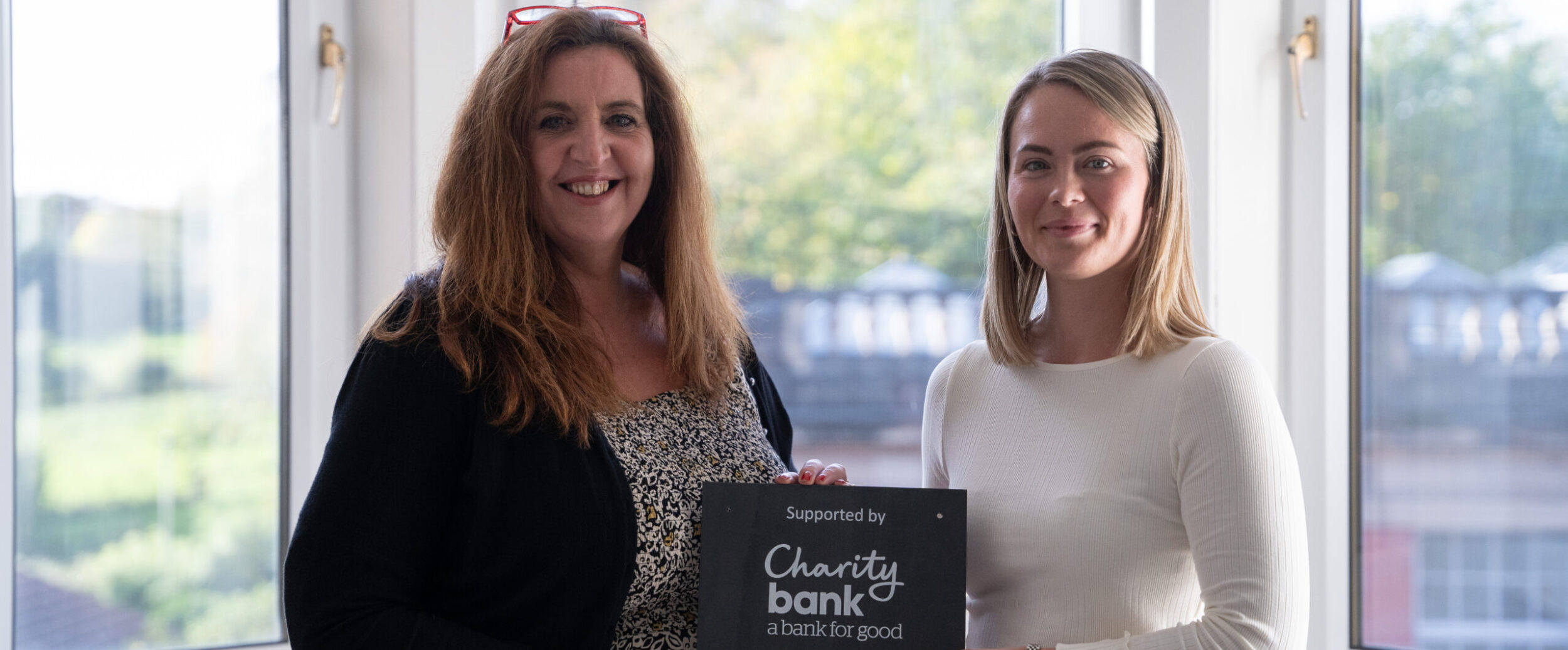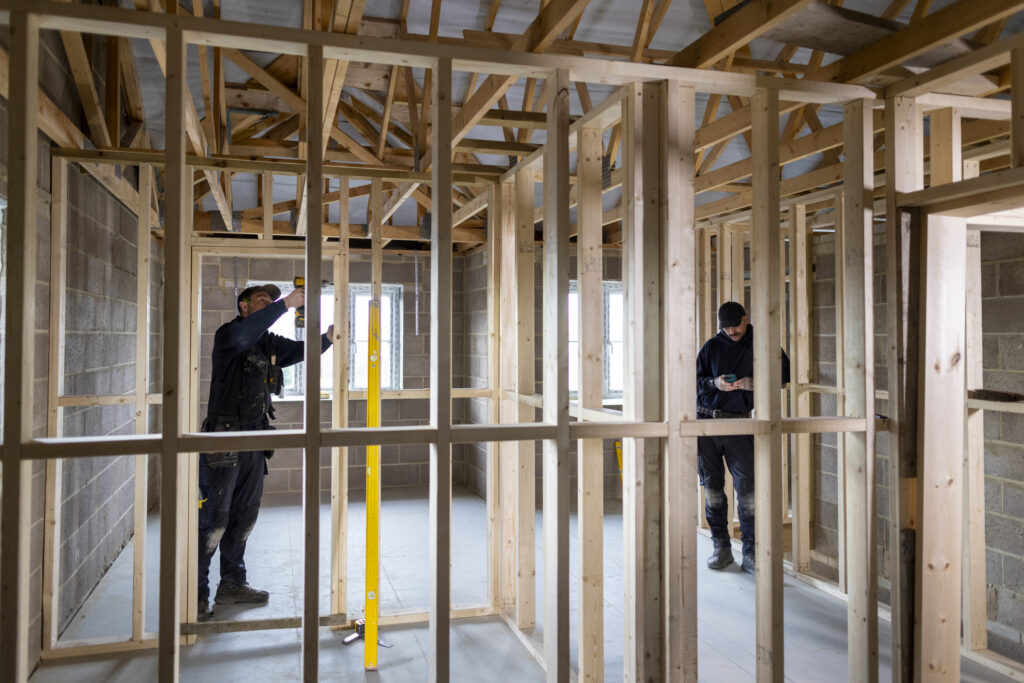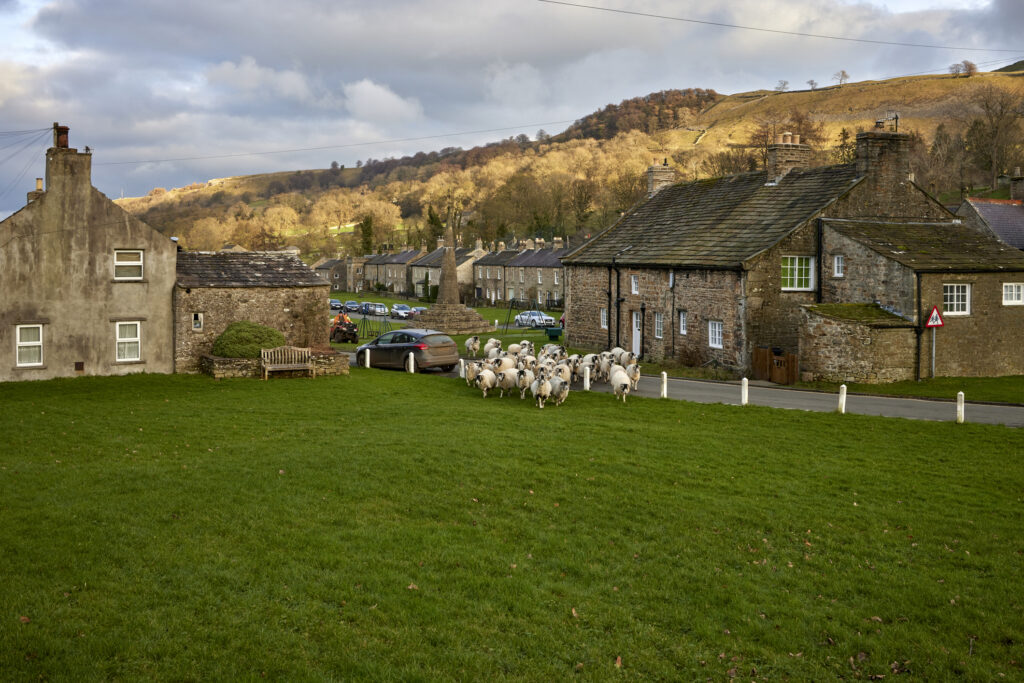
A director’s perspective: Creating affordable homes with loan finance
Homes for Good is Scotland’s first social enterprise lettings agency. With the help of loans totalling £6.5 million, delivered by Charity Bank in partnership with another social investor, Homes for Good has bought, renovated and let out almost 200 homes.
Homes for Good was recently awarded £2.4 million from The National Lottery Community Fund to roll out its model to other cities across the UK.
At the heart of the organisation is a mission to enable people on low incomes to live in quality, affordable homes with secure tenancies, as Founding Director Susan Aktemel explains…
Can you talk us through the purpose of your loans?
People on benefits and low incomes often have very limited choice when it comes to rental properties, and the homes available to them are often low quality. I wanted to buy properties at the low-end of the market, renovate them, make them beautiful, and then make them available to people on a low income.
The original plan was to buy and renovate 120 homes over a three-year period. Charity Bank agreed to lend us £2 million to start us off, with more available if we needed it, which we did. We’ve borrowed £6.5 million from Charity Bank and the social investor they introduced. Now we have 191 homes thanks to this investment. We also have additional properties funded through different investments, and others that we manage on behalf of private landlords.
Could you have achieved what you have without loan finance?
No; being able to buy properties is our reason for being and getting loan investment was essential. We wouldn’t be here without Charity Bank. We’re a young organisation and Charity Bank supported us right at the very beginning. We’re now five years in and we have long-term assets, which social enterprises often don’t have.
I designed the model carefully – the rental income covers the loan repayments and all the letting costs, and it allows for growth within the business. Over time, the value of the properties should go up and the debt will go down, which helps to ensure our long-term sustainability.
Why did you choose Charity Bank for your loans?
We talked to a few lenders when we were starting up – both high-street and social lenders. Charity Bank was the most enthusiastic and really believed in what we wanted to do. The team understood the business model and the opportunity. Some of the other lenders thought it was too risky.
From day one, Charity Bank has been a 100% supportive partner. It feels like a real collaboration.
In what way?
I’m in contact with Jeremy Ince, our manager, regularly. Whenever I want to ask something or have an idea, I can just pick up the phone. If Charity Bank is able to help they’ll do so, and if it doesn’t work for the bank they’ll explain why. I talk to them about our plans for growth or anything that I think they could give us guidance on. If I come up against a challenge, I think, “I wonder what Charity Bank would say,” and I know I can pick up the phone to ask.
We’ve felt really valued and looked after from day 1. It’s a partnership. Even the way that the loan was structured was different. Normally, a bank tells you exactly how a loan has to be structured, and you just have to work with that. Charity Bank listened when I said what would work best for us and our business model, and then worked out a loan structure to suit us.
Were you concerned about borrowing such a large amount of money?
No. I’m an experienced property developer and was a private landlord before Homes for Good, so I’m used to dealing with loan finance. I was confident that the business model worked. At the end of the day, all you have to do with a bank is to repay the loan and I was confident we could do that.
How did you find the process of applying for the loan?
Really good, actually. Charity Bank held our hand throughout the process and told us what was going to happen and when. There was a bit of toing and froing with lawyers, as there always is, but you expect that. You always want the money sooner than you get it, but that’s the same with every single bank I’ve ever worked with. It was all fine. If it wasn’t, I wouldn’t have come back for more!
What advice do you have for other social enterprises who are thinking of taking out a loan?
First of all, you need to have confidence in your business model and know how you’re going to pay the loan back. Second, choose your finance partner carefully. Get to know the people you’re going to be dealing with and make sure you feel comfortable working with them. Finally, read the small print to make sure you understand exactly what you’re agreeing to.
What does the future hold for Homes for Good?
Well, the National Lottery funding has changed the status of the organisation. We’re going to be supporting a number of organisations across the country to replicate our model over the next four or five years. We now have the resources to go out and help other people who want to do something similar to us. People often want advice or ask us to speak at conferences, and we’re now funded to do that, rather than trying to squeeze it in around our day jobs. The grant is also enabling us to put additional resources into our tenancy support approach.
Aside from the National Lottery funding, we’re planning to grow to 1,000 homes and will need to secure more investment to do that.
Find out more about Homes for Good in our case study.
About Charity Bank
Charity Bank is the loans and savings bank owned by and committed to supporting the social sector. Since 2002, we have used our savers’ money to make more than 1380 loans totalling over £580m to housing, education, social care, community and other social purpose organisations.
Nothing in this article constitutes an invitation to engage in investment activity nor is it advice or a recommendation and professional advice should be taken before any course of action is pursued.


